Sir Edward Montague Compton Mackenzie, OBE, was a Scottish novelist, biographer, historian, and memoirist who also served as a cultural commentator, raconteur, and ardent Scottish nationalist. He co-founded the National Party of Scotland in 1928, alongside Hugh MacDiarmid, R. B. Cunninghame Graham, and John MacCormick. He was knighted in 1952. Edward Montague Compton Mackenzie was born in West Hartlepool, County Durham, England, into a theatrical family of Mackenzies, many of whom took the stage surname Compton, beginning with his English grandfather Henry Compton, a well-known Shakespearean actor of the Victorian era. Mackenzie is best known for his two comedic novels set in Scotland: Whisky Galore (1947), set in the Hebrides, and The Monarch of the Glen (1941), set in the Scottish Highlands. They spawned a popular film and television series, respectively. He wrote about a hundred works on various topics, including ten volumes of autobiography titled My Life and Times (1883-71). He published history (about the Battles of Marathon and Salamis), biography (Mr Roosevelt, a 1943 biography of FDR), literary criticism, satires, apologia (Sublime Tobacco 1957), children's stories, poetry, and other works. The Four Winds of Love is frequently regarded as his masterpiece in terms of fiction.
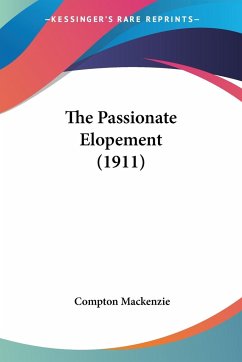




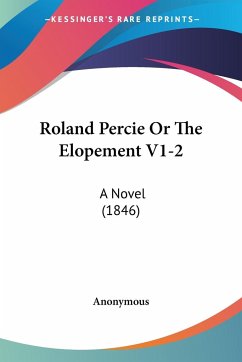
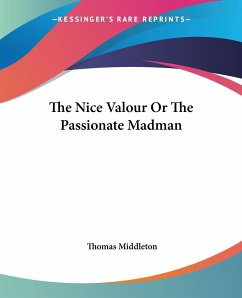
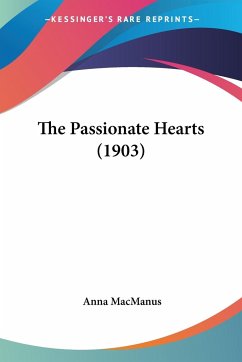

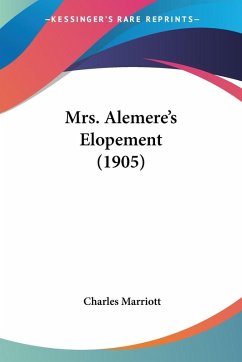
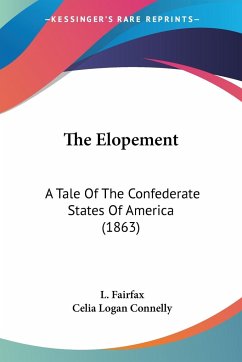
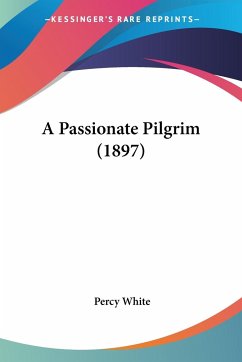

![Poems: Viz.: -The [Ekatompathia (Romanized Form)]; Or Passionate Centurie of Love 1582 Meliboeus, Sivè Ecloga Inobitum, Etc., Cover Poems: Viz.: -The [Ekatompathia (Romanized Form)]; Or Passionate Centurie of Love 1582 Meliboeus, Sivè Ecloga Inobitum, Etc.,](https://bilder.buecher.de/produkte/67/67040/67040931n.jpg)
